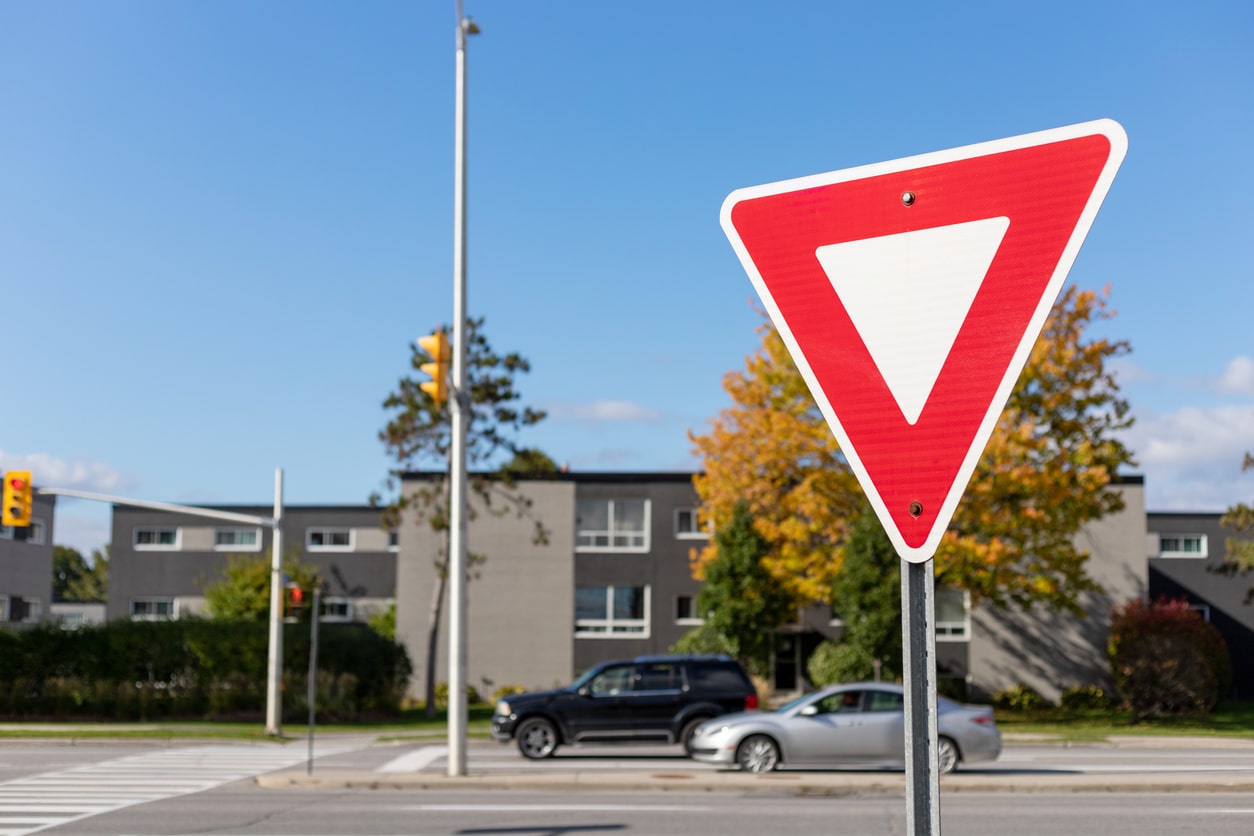
Litigation
Litigation is the legal process of resolving disputes through the court system, typically involving two or more parties who cannot reach an agreement on their own. Litigation begins when one party, known as the plaintiff, files a lawsuit against another party, the defendant, seeking a resolution to a legal issue. The litigation process includes several stages, such as filing pleadings, gathering evidence, and potentially going to trial if the parties cannot reach a settlement. At 770GoodLaw, we provide experienced representation throughout the litigation process, ensuring that our clients’ rights are protected and that they receive fair treatment and compensation.
Key Stages of Litigation
The litigation process consists of several essential stages, each contributing to building and resolving the case. Key stages of litigation include:
- Filing of Pleadings: The plaintiff initiates litigation by filing a complaint that outlines their claims and the damages sought. The defendant then files an answer, responding to the allegations.
- Discovery Phase: Both parties gather information relevant to the case through discovery, which involves exchanging documents, conducting depositions, and issuing interrogatories. Discovery is critical for building evidence.
- Pre-Trial Motions: Either party may file pre-trial motions to request specific rulings from the court, such as a motion to dismiss or a motion for summary judgment, which may resolve certain issues before trial.
- Settlement Negotiations: Many cases are resolved through settlement negotiations, where both parties reach an agreement on compensation or other remedies to avoid the time and expense of a trial.
- Trial: If a settlement is not reached, the case proceeds to trial. During the trial, both parties present evidence and arguments, and a judge or jury decides the outcome.
- Post-Trial Motions and Appeals: After the trial, either party may file motions to challenge the verdict or appeal the decision if they believe there were errors in the trial process.
Types of Cases Involving Litigation
Litigation can arise from a variety of disputes across different areas of law. Common types of cases that involve litigation include:
- Personal Injury Litigation: Cases where an individual seeks compensation for injuries caused by accidents, negligence, or intentional acts, such as car accidents or slip-and-fall incidents.
- Employment Litigation: Involving disputes between employers and employees, such as claims of wrongful termination, discrimination, or wage violations.
- Commercial and Business Litigation: Disputes between businesses or involving business operations, including contract breaches, partnership disagreements, and intellectual property issues.
- Product Liability Litigation: Cases in which a consumer is injured by a defective product, leading to claims against the manufacturer or seller.
- Medical Malpractice Litigation: Legal actions against healthcare providers for negligence that results in harm to a patient.
- Real Estate Litigation: Disputes over property rights, zoning issues, or landlord-tenant matters, often involving claims of property damage or contract breaches.
Benefits of Litigation
While litigation can be time-consuming, it offers several key benefits for parties seeking resolution and justice:
-
Legal Resolution: Litigation provides a structured process for resolving disputes, ensuring that both parties present their case, and a legally binding decision is reached.
-
Potential for Full Compensation: In cases involving significant damages, litigation may lead to a more favorable outcome than settlements, especially if the plaintiff can prove the defendant’s liability.
-
Accountability and Justice: Litigation holds defendants accountable for their actions, providing plaintiffs with the opportunity to seek justice and potentially deter future misconduct.
-
Public Record: Court decisions become part of the public record, which can benefit cases involving issues of public concern or set legal precedent.
Challenges of Litigation
Litigation can also present challenges, making it important for parties to weigh the potential benefits and obstacles before pursuing this route. Common challenges include:
-
Lengthy Process: Litigation can take months or even years to resolve, especially if the case proceeds to trial or involves appeals.
-
Costs and Expenses: Litigation often requires substantial financial resources, including attorney fees, court costs, and expenses for expert witnesses.
-
Emotional Strain: The litigation process can be stressful and emotionally taxing, particularly for individuals dealing with personal injuries or high-stakes disputes.
-
Uncertain Outcomes: The outcome of litigation is ultimately decided by a judge or jury, and there is no guarantee of a favorable verdict.
How 770GoodLaw Assists Clients in Litigation
At 770GoodLaw, we provide dedicated support throughout every stage of litigation, from the initial filing to trial representation. Our experienced attorneys understand the complexities of litigation and work diligently to secure favorable outcomes for our clients. Our approach includes:
- Case Evaluation and Strategy Development: We assess the strengths and weaknesses of each case and develop a customized litigation strategy tailored to our client’s goals.
- Thorough Discovery and Evidence Gathering: Our team conducts comprehensive discovery, collecting documents, interviewing witnesses, and building a strong foundation for the case.
- Skilled Negotiation and Settlement Advocacy: We seek fair settlements when possible, negotiating assertively on behalf of our clients to achieve resolutions without trial.
- Aggressive Trial Representation: If the case proceeds to trial, our attorneys provide skilled advocacy, presenting a compelling argument and protecting our client’s interests.
- Guidance and Support Through Appeals: If necessary, we assist clients with post-trial motions and appeals, pursuing justice through every available legal avenue.
Importance of Legal Representation in Litigation
Navigating litigation requires expertise in legal procedures, evidence gathering, and courtroom advocacy. Skilled legal representation ensures that clients’ rights are protected, that their case is well-prepared, and that they receive fair treatment throughout the process. At 770GoodLaw, we provide experienced support for clients in litigation, helping them pursue justice, financial recovery, and favorable outcomes.
Why Choose 770GoodLaw for Litigation Representation
Our commitment to Relentless Reliability and Sincetegrity drives us to offer comprehensive, client-focused litigation support. At 770GoodLaw, we work tirelessly to protect our clients’ rights, provide skilled advocacy, and secure the best possible resolution for their cases.


